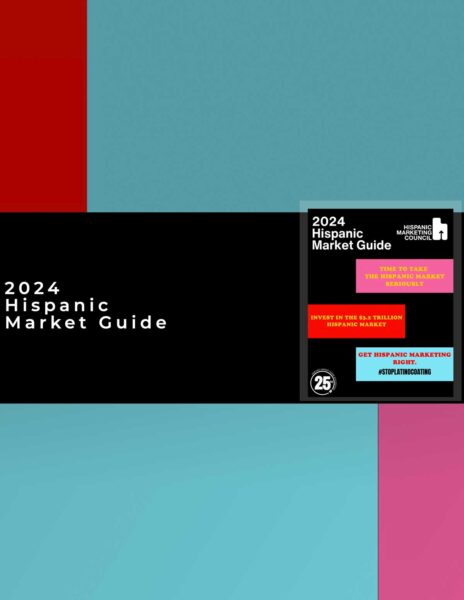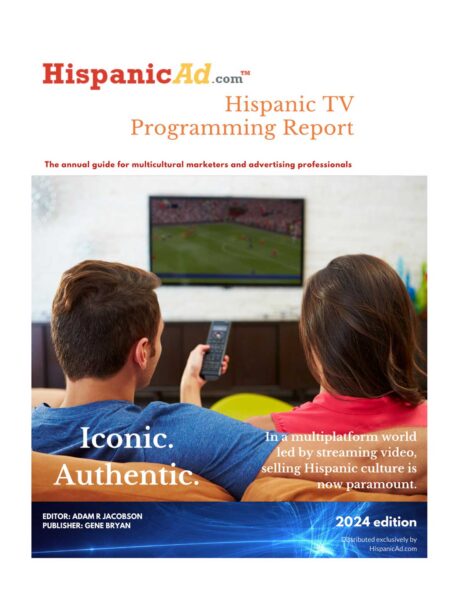LIVESTRONG publishes study behind its Hispanic/Latino Outreach Campaign.
February 5, 2012
LIVESTRONG published the case study behind its successful Hispanic/Latino outreach campaign which seeks to close the gap in health disparities for Hispanics diagnosed with cancer. The campaign received an honorable mention for Multicultural Marketing Campaign of the Year at the PRWeek Awards. Additionally, the campaign is the recipient of three PRism Awards from the Los Angeles chapter of the Public Relations Society of America for Best Campaign in the nonprofit, multicultural and public education categories and a Hispanic Public Relations Association PRemio Award for Best Healthcare Campaign of the year.
“LIVESTRONG is honored to be recognized by PRWeek for our work on behalf of vulnerable and underserved communities,” said Katherine McLane, LIVESTRONG senior director for communications and external affairs. “This public education campaign is helping to bridge the gap in healthcare resources for Hispanic cancer survivors and, equally important, addressing the need for culturally relevant communications to at-risk populations. By publicly sharing the study behind our successful campaign, we hope people can use this information to benefit Hispanics affected by cancer.”
Cancer rates for Hispanics are projected to increase by 142% by 2030, compared to 45% for the overall U.S. cancer incidence. Hispanics, who as a demographic tend to have lower incomes, less education and less insurance, have lower survival rates for most cancers, which may reflect less access to timely, high-quality treatment.
LIVESTRONG is working to reverse these trends by implementing programs aimed to increase Hispanic awareness and access to culturally and linguistically appropriate resources. As a result of the award-winning outreach campaign, the number of Hispanic/Latino survivors accessing LIVESTRONG’s free, confidential navigation services has increased by 40 percent. LIVESTRONG has a growing network of promotores who work in the community to help spread the word about these services. To date, LIVESTRONG has trained 500 promotores in 16 states and has plans to train an additional 750 this year. The LIVESTRONG-commissioned study, Navigating the Cancer Experience: Reviewing the Impact of LIVESTRONG’s Navigation Services, states that in 2010 more than 25,000 Hispanic individuals were served through LIVESTRONG’s direct support, print or online resources at LIVESTRONGEspanol.org.
The LIVESTRONG outreach campaign is anchored in a case study consisting of focus groups and a telephone survey with Hispanics/Latinos in seven priority markets: San Francisco, San Diego, Austin, San Antonio, Lower Rio Grande Valley, Miami and New York/New Jersey. The findings of the case study revealed the following:
When discussing their concerns surrounding cancer, participants most frequently cited a fear of death and suffering, the difficulty of telling friends and family that they have a life-threatening disease, and the cost of medical treatment.
Despite assertions that they are comfortable talking about cancer and that they believe people with cancer can survive, most participants reported that if diagnosed with cancer they would tell no one outside of their close family.
Participants reported that people with cancer are often stigmatized and isolated.
More than two-thirds (69 percent) of Hispanics/Latinos reported that they believe only half the people diagnosed with cancer survive, if not fewer.
More than half (53 percent) reported that they believe cancer is most often caused by a person’s behavior or lifestyle.
When asked why people do not get screened regularly for cancer, most frequently cited cost (34 percent) and fear of the result (29 percent).
Based on insights from the study, LIVESTRONG implemented a multimedia campaign via multiple channels that addressed top concerns related to cancer, including cancer stigma. The campaign included: earned and paid broadcast, print, outdoor and online media, as well as distribution of online and printed LIVESTRONG resources. The campaign was brought to life by leveraging credible spokespeople, including LIVESTRONG-certified promotores (community health workers), cancer survivors, physicians and Hispanic Global Envoy and Mexican actress Lorena Rojas.
Outreach activities to Latinos in Texas were supported by the Cancer Research Institute of Texas.
The market research study and additional outreach to a national Latino audience were supported by the 5U50DP001689-03 from the Centers for Disease Control and Prevention. Its contents are solely the responsibility of the authors and do not necessarily represent the official views of the Centers for Disease Control and Prevention.































